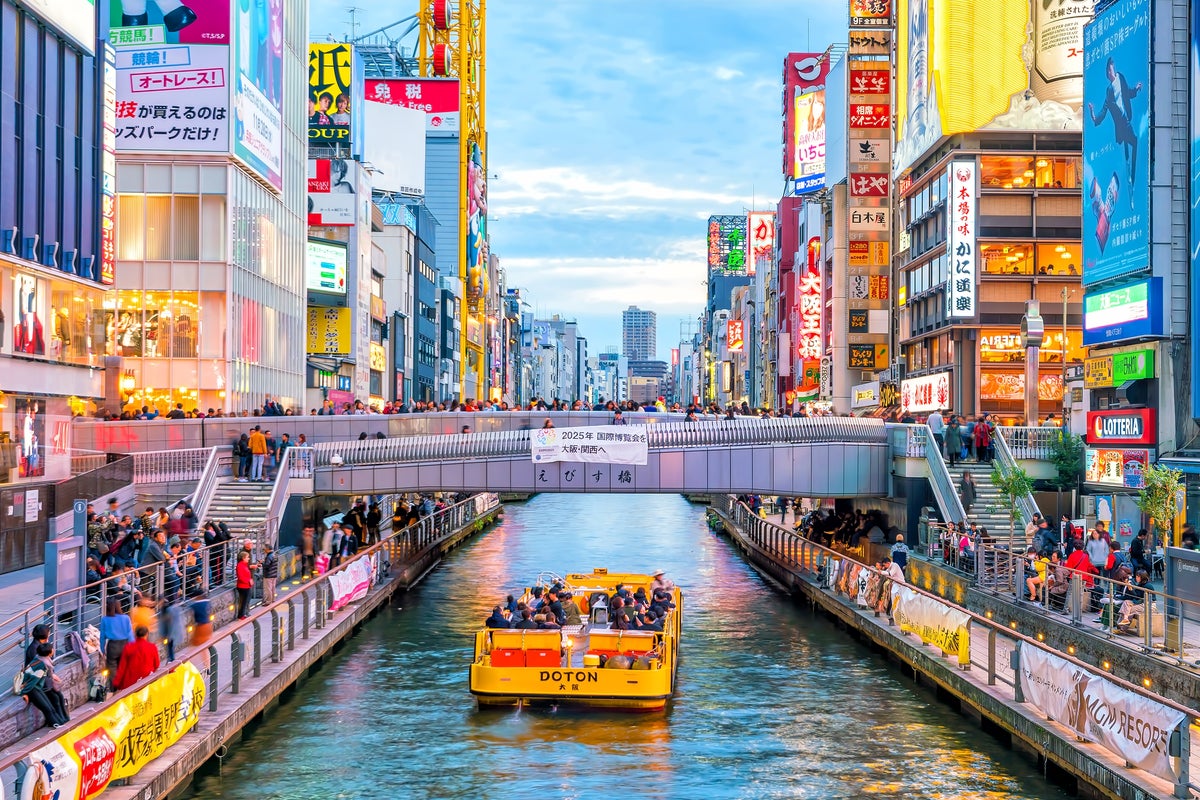This website uses cookies so that we can provide you with the best user experience possible. Cookie information is stored in your browser and performs functions such as recognising you when you return to our website and helping our team to understand which sections of the website you find most interesting and useful.

A comic book has sparked travel anxiety in East Asia with predictions that a “real catastrophe” will hit Japan this summer.
The Future I Saw, a comic book by manga artist Ryo Tatsuki, has prompted some tourists to cancel their Japan trips after it claimed that an earthquake will rock the country in July.
The comic, originally published in 1999, depicts cartoon versions of the illustrator and visions of her dreams.
In the comic’s “complete” 2021 edition, Tatsuki “predicted” that on 5 July 2025, a seabed crack between Japan and the Philippines will send giant waves ashore.
The unfounded claims say that “the sea boils south of Japan in July 2025”, adding that the major seismic event will see waves three times taller than the 2011 tsunami.
Tatsuki previously warned of a major disaster in March 2011 – a date that happened to coincide with the devastating Tohoku earthquake and tsunami.
Since the prediction, Tatsuki has gained a cult following, selling 900,000 copies of The Future I Saw, including printed editions in Chinese, according to the book’s publisher.
Psychics from Japan and Hong Kong have since shared similar warnings on social media, with Qi Xian Yu, a popular feng shui influencer known as “Master Seven”, urging travellers to stay away from Japan.
Mild earthquakes are not uncommon in Japan due to its position at the intersection of several tectonic plates.
In January, Japan’s earthquake investigation panel increased the probability of a megaquake (magnitude 8 or higher) striking the Nankai Trough within the next 30 years to over 80 per cent.
However, according to seismologists, it is almost impossible to predict exactly when an earthquake will happen.
Japan’s Cabinet Office Disaster Prevention Division said on X/Twitter last month: “With current scientific knowledge, it is difficult to predict an earthquake by specifying its date, time and location, so please be aware that earthquakes can occur at any time and make preparations on an ongoing basis.”
Regardless, inbound tourism from China, Hong Kong, Thailand and Vietnam has dipped following the unfounded earthquake-related rumours on social media.
CN Yuen, managing director of WWPKG, a Hong Kong travel agency, told local media that Japan bookings dropped by half during the Easter holiday, with a further decline expected as travellers “hold off” on trips.
Frankie Chow, head of Hong Kong travel agency CLS Holiday, similarly said to AFP: “The earthquake prophecy has absolutely caused a big change to our customers' preferences.”
Chow reported up to 80 per cent fewer inquiries on Japan travels in comparison to last year.
At a press conference in April, Yoshihiro Murai, the governor of earthquake-prone Miyagi, slammed the influence of superstition on travel.
He said: “I believe it is a serious issue when the spread of highly unscientific rumours on social media has an effect on tourism.”
Mainichi Shimbun, a Japanese newspaper, reported last week that 70-year-old Tatsuki had urged travellers not to be “overly swayed” by her dreams and “act appropriately based on expert opinions,” said CNN.
Although the fear-mongering seems to have had an impact on some travellers from China, Japan welcomed 3,497,600 undeterred international travellers in March 2025, according to the Japan National Tourism Organization (JNTO).
For more travel news and advice, listen to Simon Calder’s podcast



 Africana55 Radio
Africana55 Radio 
